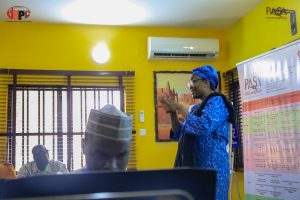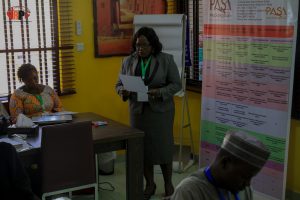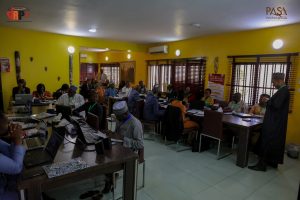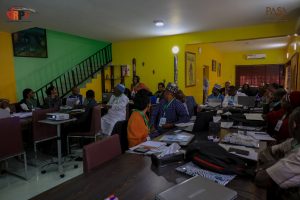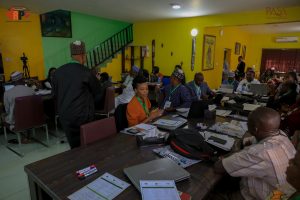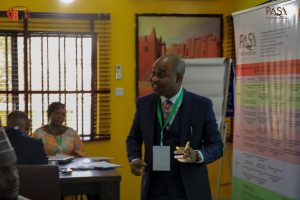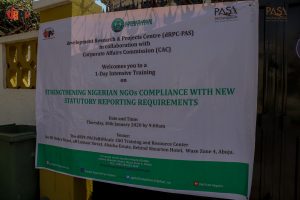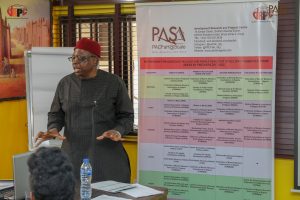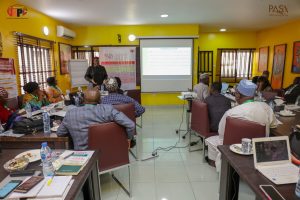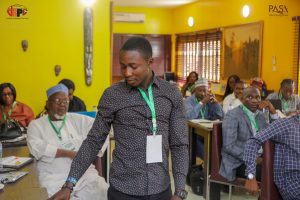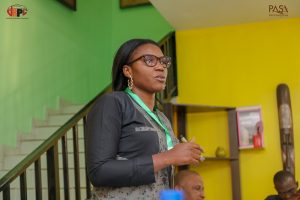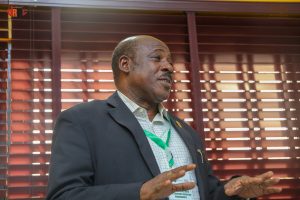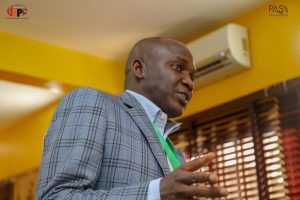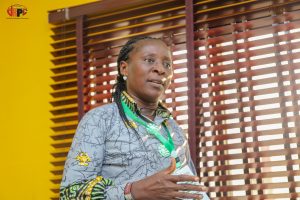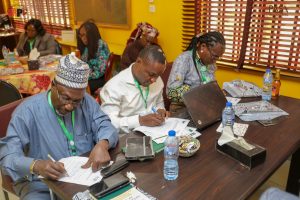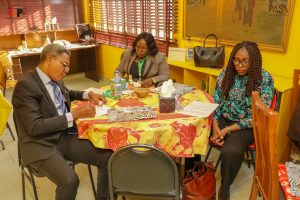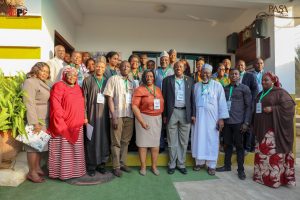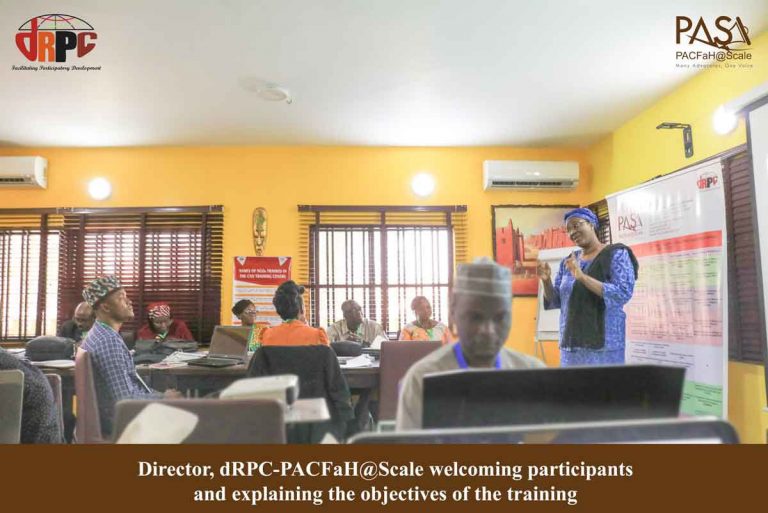
Worried by non-compliance with regulations among Non-government organizations in Nigeria, the Corporate Affairs Commission of Nigeria (CAC), in partnership with the development Research and Projects Centre, (dRPC), under the Partnership for Advocacy in child and family At Scale (PACFaH@Scale), organized a 1-day capacity building on compliance with Nigerian regulations on the 30th of January 2020 for indigenous NGOs. The training tagged, strengthening Nigerian NGOs compliance with new statutory reporting requirements for the non-profits in Nigeria, was designed to educate indigenous NGOs on adherence to reporting regulations
About 36 NGOs participated in the capacity building, most of them BMGF funded, attended the training which was declared open by the Registrar General, Alhaji Garba Abubakar. The CAC Registrar General commended the dRPC organizing the training and urged non-profits as promoters of good governance and rule of law to always adhere to regulations and rules governing the environment they operate.
He also disclosed that, CAC will continue to engage non-profits in the country to educate them and encourage them to understand and comply with all regulations governing the operations of their activities in the country.
In her welcome address, dRPC’s Executive Director, Dr. Judith-Ann Walker, who was represented by the Senior Technical Officer, Dr. Stanley Ukpai, described the decision to partner with CAC for the training as necessary in view of the need to support build the capacities of local non-profit to be able to operate within the ambit of law and to ensure compliance with all reporting regulations in the country. She urged the participants to interact and fully take advantage of the CAC instructors, who are endowed with the knowledge and skills needed for the NGOs to operate legally.
The Director, Legal department of CAC, Dr. Femi Ogunlade, in his presentation, titled ‘Legal framework of compliance requirements for NGOs in Nigeria’ disclosed that the law that governs NGOs provides for a generic or blanket name for all registrations under Part “C” of CAMA, which stipulates the categories of persons and their aims of coming together to register under the Act.
Section 590 (1) of CAMA is relevant here, it provides thus:
“ where one or more trustees are appointed by any community of persons bound together by customs, religion, kinship or nationality or by anybody or association of persons for any religious, educational, literary, scientific, social, development, cultural, sporting, or charitable purpose, he or they may, if so authorized by the community, body or association(in this Act referred to as “the association) apply to the commission in the manner hereafter provided for registration under this Act as a corporate body”.
He also added that the right to associate as guaranteed under Section 590 (1) of CAMA is also contained in Section 40 of the 1999 constitution as amended. However Section 541 (2) of CAMA does not extend to the formation and registration of trade unions, pressure groups and political parties as nongovernmental organizations.
Dr. Ogunlade further explained that the procedure of registration commences with names of the organization, newspaper publications, qualification of trustees, compliance requirement of the association, effect of registration, dissolution of the association, power to conduct an investigation, mediation, and annual returns.
He then urged NGOs to abide by the laws and regulations (CAMA & extant laws) cannot be overemphasized. It ensures smooth running of affairs of the organization as well as achieving its set objectives in line with the standard corporate governance.
Other presentations made were on, registration for incorporated Trustees in Nigeria, The role of NGOs in good governance, development and service delivery, security concerns of Nigeria state with Nigerian NGOs, compliance with money laundering and security agencies as well as on Tax laws as relates to NGOs among others.
The outcome of the training was the increased knowledge gained by participant NGOs on reporting requirements and compliance with regulations. The Corporate Affairs Commission also requested for part 2 of the training as they plan to meet more NGOs to educate them about regulations governing non-profits in Nigeria.

